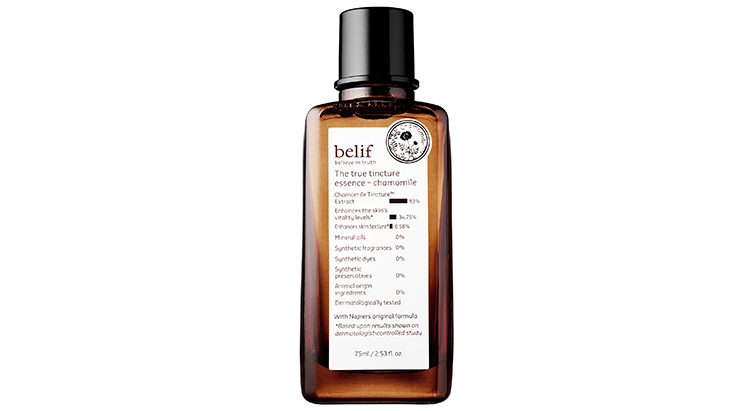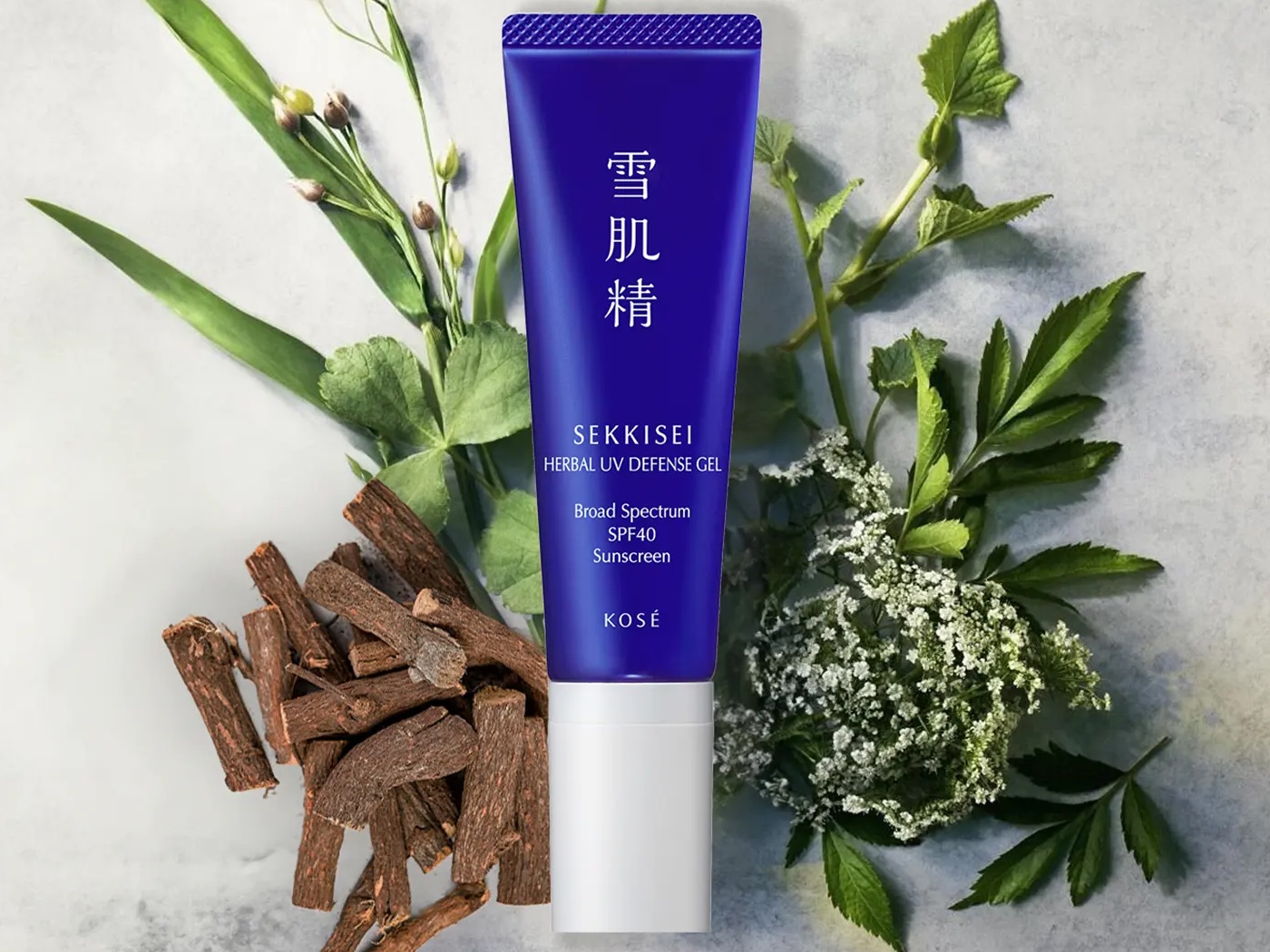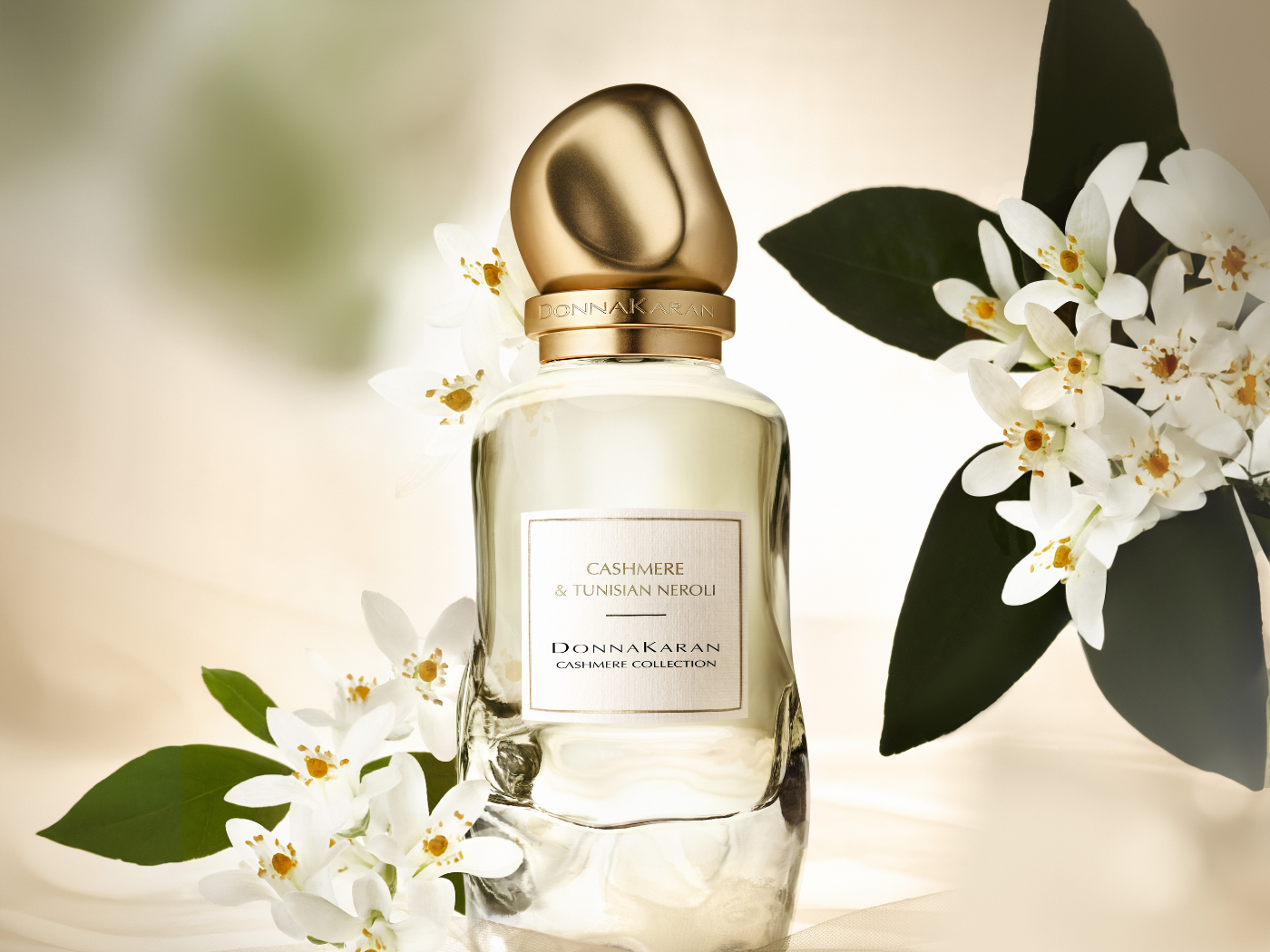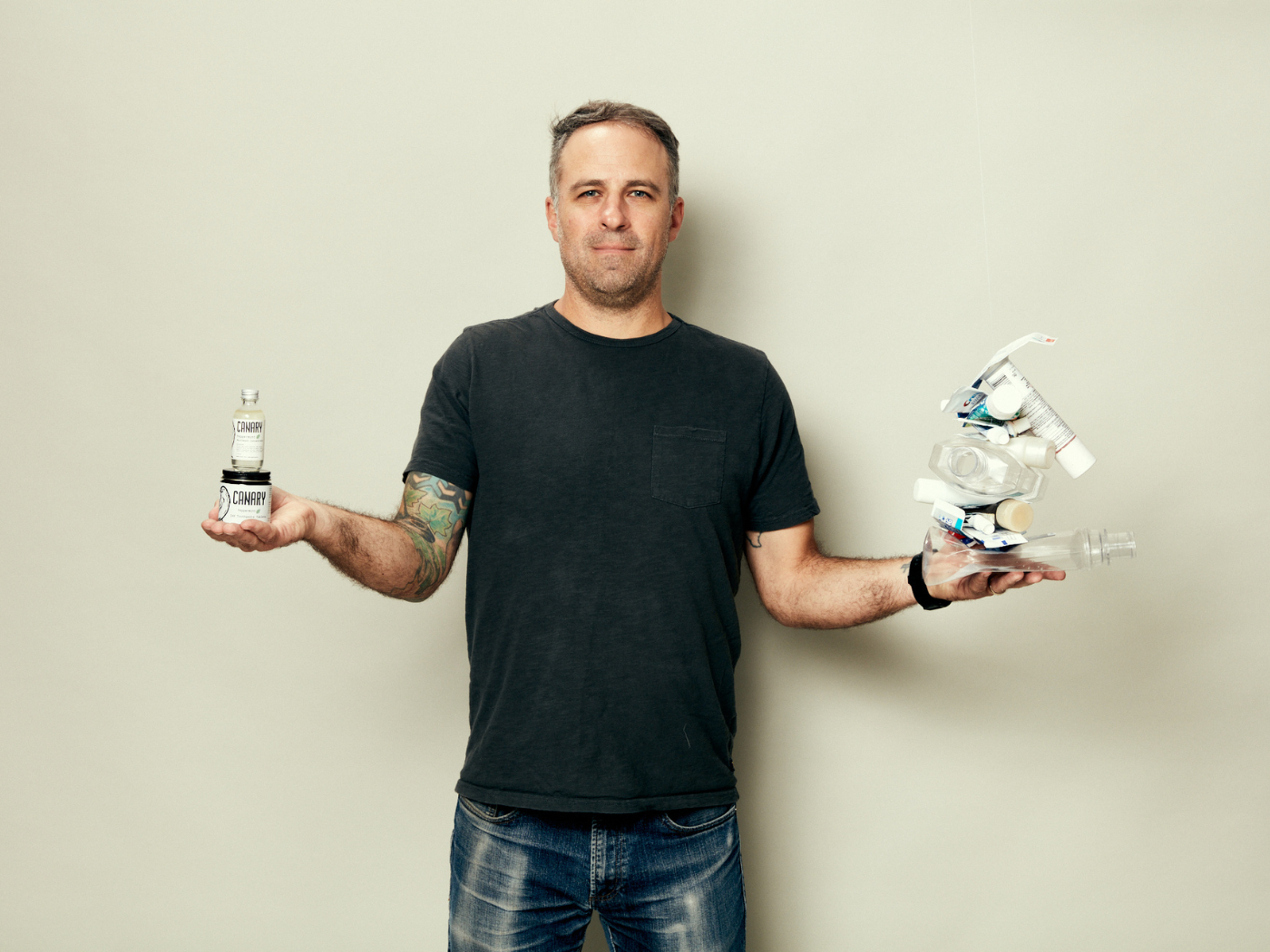If it feels like every time you remove your eye makeup with the latest K-Beauty product another has hit the shelves, you’re not wrong. But Belif might be a little different.
Launched in Korea in 2010, and owned by the conglomerate LG –yes, the electronics company – Belif offers apothecary remedies combined with Korean technology and modern skin science. (The products include herbal formulas created by Napiers, a 150-year-old apothecary in Scotland; a key aspect of the brand’s heritage.) And though LG is known for their mobile devices, appliances and home electronics, it also creates 20 to 30 cosmetic and skin care brands, from mass to ultra premium. Belif was one of the first to venture outside of Asia globally.
Currently, Belif offers 120-plus sku’s in Korea including men’s, baby, and hair products, and 40 sku’s in the U.S., thanks to its exclusive relationship with Sephora.
“Sephora has been our partner and sole distributor since we launched with them in the U.S. market in 2015. And we’re looking to work with them on a global scale as well,” said Tyler Lee, General Manager for Belif in the U.S.
Presently, five or six products can be found in all 350-plus stores across the U.S. In 148 of them, Belif has a greater display presence. Three of their products are represented in 577 Sephora in JCPenney stores. Including two of the company’s heroes: Moisturizing Bomb, a cushiony, luxurious and intensely hydrating cream, which is the number-one selling prestige beauty product in Korea across all beauty categories; and Aqua Bomb, a refreshing, soothing and moisturizing gel cream.
“Sephora in JCPenney provides an environment that’s not overwhelming to the consumer. The shop-in-shop works really well for the customer Sephora can’t penetrate,” Tyler explained.
The partnership also includes developing exclusive products. Tyler sited their popular chamomile cleansing stick and aqua bomb sheet mask as two prime examples. Forthcoming products include a chamomile mask and a larger project that will involve a 360-campaign push in the U.S. market.
It only makes sense that the brand would be upping their visibility and taking advantage of their newfound success.
“We do sampling though Sephora, but this year we’re placing a greater emphasis social media,” he said. “We’re doing a social media campaign, and a pay-to-play program with 100 select influencers per month.”
The brand is also revamping their website, has hired a PR firm, a social media agency and started an Instagram sweepstakes. And for the past three years, they have aligned themselves with backstage beauty at fashion events.
“This is the third year that we’ve been part of Fashion Week,” Tyler added. “We were the exclusive skin care product for Betsey Johnson, and for the past two years we’ve worked with designer Prabal Gurung.”
Because of their price point, which ranges from $26 to $60, Belif planned that their consumers would be in their late teens up to their 30s. “But we found we sku broader than anticipated, which is the 20s to 40s.Even women in their 60s are using our products,” Tyler added. “The bulk of our money is on the product itself. A lot of cosmetic companies use their adverting dollars for celeb endorsements, billboards, videos and on fancy outer boxes.”
Belif distinguishes itself with transparent packaging by outlining the main benefits one receives, and ingredients they use, as well as stating the one’s they don’t. And by focusing on the most important aspect, “We make sure our products work, and that we make good on the promises we’ve made,” Tyler said.




